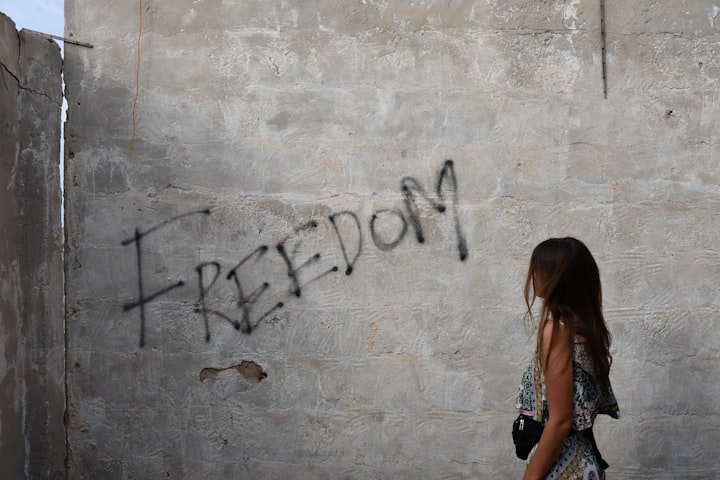
Taliban use water cannon on women protesting university ban
KABUL, Afghanistan (AP) — Afghan authorities suspended a private university's admissions and registration Friday after angry women protested that the school prevented some of them from getting in.
Female students had clashed with security forces earlier this week in the northern city of Kunduz, which is located about 60 kilometers (35 miles) from Mazar-e Sharif, the capital of Balkh province where the seminary is based.
The students gathered outside the office of the private American University of Afghanistan to show their demands for female participation in admissions after some were not admitted despite being qualified, said Sedaqat Ahmadzai, an official in the provincial education department.
Two women, including the acting student body president, were injured when security forces used water cannon to disperse the protesters, he said. The university in a statement said those injured were not students and accused the women of entering the university's office forcefully.
The women threw stones at police and smashed car windows before they were dispersed, Ahmadzai said.
"Their protest was peaceful until police used force against them," he said. "It was purely a matter of security and law and order."
The university in a statement said it "regrets the incident" and that its management would meet female students to discuss their demands.
It added that the decision to suspend the admissions was taken after it became clear that the protest would escalate and cause damage to the property.
The protesters said they wanted the university to allow women to take classes without guardians' permission and to let all students, including women, attend the orientation course, the statement said.
According to the university website, it has 1,650 full-time students and 750 part-time students. It also trains Afghan diplomats and other officials.
Other private universities in the capital, Kabul, have been met with similar protests in the past. Some were closed, while others struggled to stay open as students tried to enroll following the expansion of university enrollment regulations in 2016.
JALALABAD, Afghanistan Taliban militants in eastern Afghanistan set fire to a water cannon to prevent women from protesting against a ban on female students attending the country's only university.
A spokesman for the Taliban, Qari Yousof Ahmadi, said the water cannon was being used in Kabul and could only be used by men.
"This is a banned device. Men have this tool and women don't. They have to protest in a less respectable way," he said.
Around 400 students in the northeastern city of Jalalabad staged a demonstration and protested against the ban on female students, Jalalabad police chief Gul Adhami said.
At least 16 people were wounded when the water cannon was fired at demonstrators. Police fired shots to disperse the crowd.
Activists said the ban also included men who failed to present their identification documents at the gate. The protesters threw stones and some climbed the building where the campus was located and began pelting it with rocks and setting it on fire.
The U.S. military in Afghanistan in December warned that public protests and strikes targeting educational institutions are a threat to the war effort.
A Taliban attack in August on a military academy in Kabul that killed more than 100 Afghan cadets also underscored the threat to Afghan security forces.
Although the U.S.-backed government controls 90 percent of the country, Taliban control of much of the countryside has made it difficult to provide security and basic services in many areas.
Nearly 2,400 civilians were killed or wounded in 2017, according to the United Nations. That was the highest number of civilian casualties recorded by the U.N. since it began conducting intentional casualty surveys in 2009.
Government officials have estimated that approximately 20 percent of Afghanistan is either out of reach of government control or actively contested.
About the Creator
umer ali
You Might Learn A thing or two here






Comments
There are no comments for this story
Be the first to respond and start the conversation.